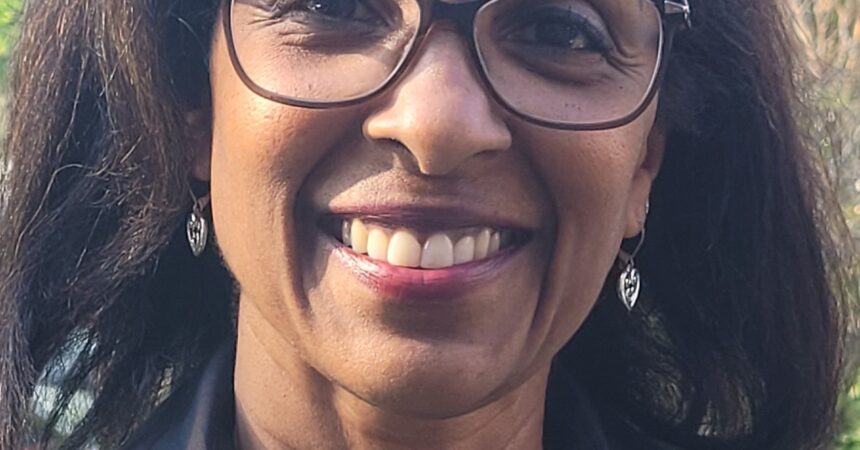
Speaker shows link between inequities and mental illness

Fran Close 
Jay Reeve
By St. Clair Murraine
Outlook Staff Writer
Although Kevin Warren’s organization We are All We Need has been around for more than three years, little was known about its existence or even its purpose.
A lot of those details were spelled out in a flyer that he handed out at the Be Kind to Your Mind Mental Health and Wellness Fair. Then, when Warren took to the stage last Tuesday night at the Lincoln Neighborhood Center to discuss the environmental wellness aspect, he shed light on the Adverse Childhood Experience.
ACES, as Warren refers to childhood experiences, are usually worse in marginalize communities than elsewhere, he said. Not surprisingly he explained how they are linked to poverty, community violence and social inequities.
Children who grow up in those environments are “consistently in the state of survival mode and we know that creates things and conditions such as chronic stress, which leads to prolonged mental illness,” Warren said.
At points during his presentation, Warren seemingly had the audience hushed in attentiveness. Later on, he explained that before the Department of Juvenile Justice was create in 1994, a child who committed a crime was treated for mental illness with better outcomes.
DJJ has changed that, but the problems persist for children in underserved communities, he said.
“Prolonged mental illness will lead to behavioral health issues (and) substance abuse,” Warren said. “The line goes on. So when we look at programs, we really need to look at programs that incubate the environment in the community. We suggest that gun violence and those things are symptoms of the environment but they are not the root cause of the actual issue.”
Warren’s speaking segment was one of eight featured on what organizers referred to as a “wellness wheel.” Vocational was another of the areas of mental wellness that was addressed.
Starting a career in a vocation that leads to working in the mental health field could be one way of helping to alleviate some of the myths and stigma of mental illness, said Tiffany Williams, assistant director at Lively Technical College, where she also oversees Lively’s health education programs.
Some of the careers that Lively offers training for include practical nursing, phlebotomy, medical assistance and patient care technician.
“These jobs are essential because there is a big gap right now in our workforce,” Williams said. “We want to bring in individuals who are compassionate and who want to work in the health-care industry.”
Meanwhile, Williams had a suggestion why more individuals aren’t training to become mental health professionals
“It connects to that stigma that our community has as it relates to mental health,” she said. “Sometimes we have individuals who have challenge; we want to call them crazy and not really chime into the real issues.”
That realization wasn’t lost on Fran Close, PhD., a FAMU professor of behavioral Science and health education. Close, who also is chairperson of the Mental Health Council of the Big Bend’s Engagement Committee, said advocating mental health awareness is essential.
For example, she said Black families have a history of sheltering a relative with unusual behaviors instead of seeking a mental health diagnosis, instead seeking prayer.
“I believe in praying. I believe in the higher being but God gave us people on this earth to help us with those things,” Close said. “Having that person in the family, you’ve got to recognize and be truthful that they need assistance. Don’t just blow it off.”
That scenario is one that Jay Reeve, PhD., President and CEO of Apalachee Center, is familiar with.
Mental illness is “a serious public health issue,” Reeve said. “People don’t like to talk about it. There is a sense of shame about it.
“It has been a huge challenge for the mental health treatment community.”







